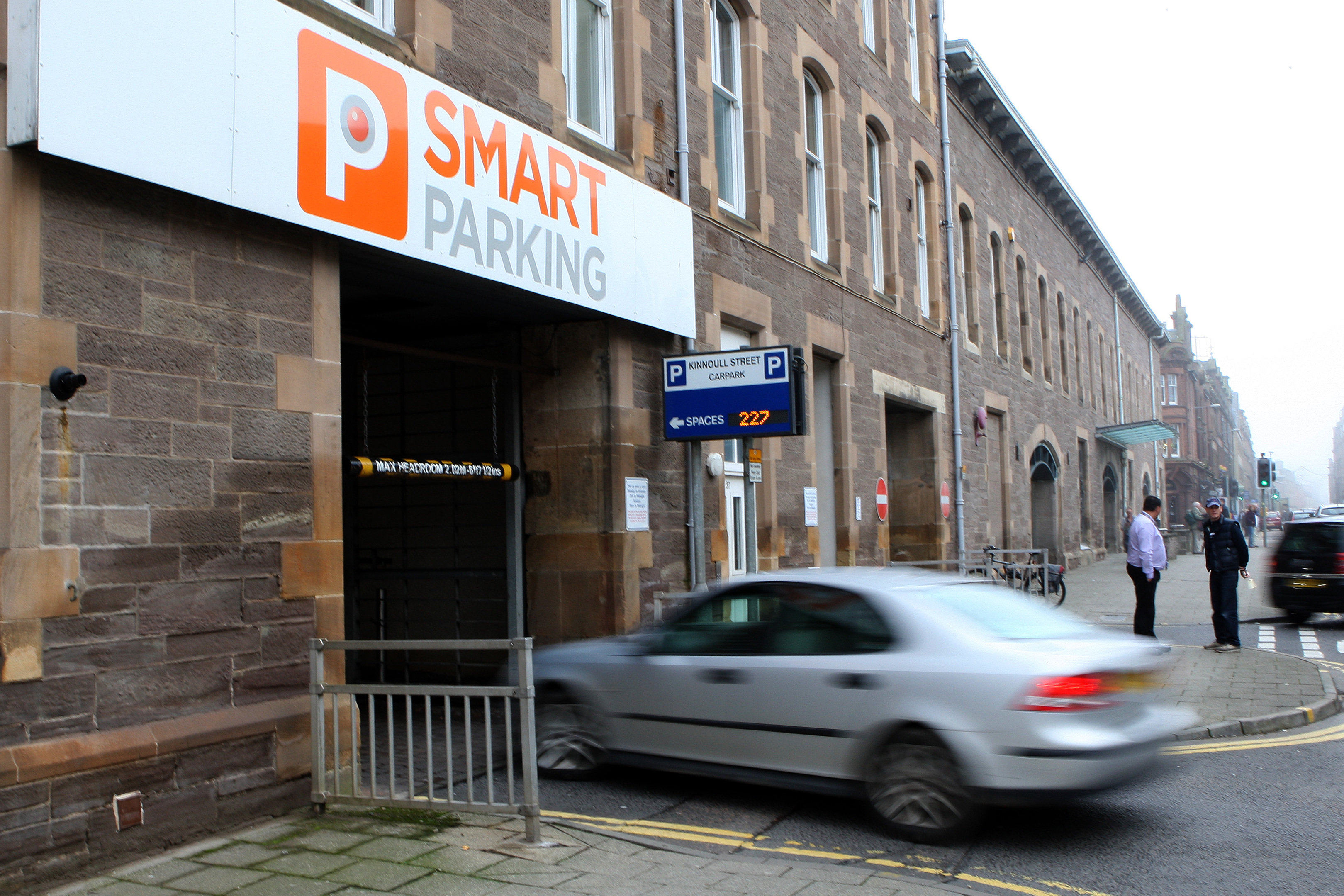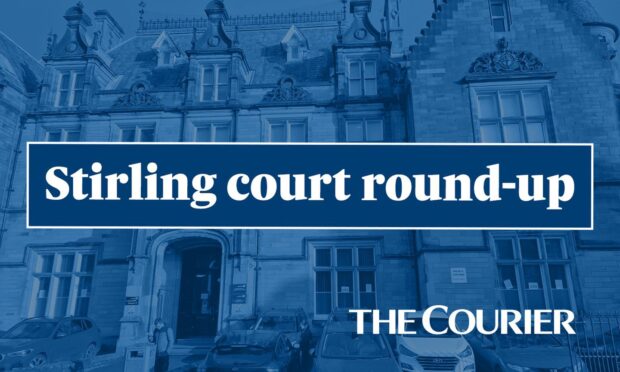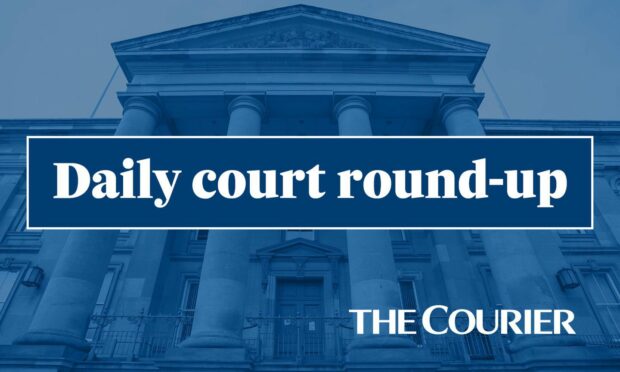Parking campaigners have welcomed moves to stop private firms giving motorists penalty tickets for incorrectly entering vehicle details into payment machines.
So called “keying-in errors” have been addressed in a new code of practice by the British Parking Association (BPA).
Motorists in Tayside have previously been caught out by the issue – in 2015 Perth pensioner John West hit the headlines after entering the letter o rather than the number 0 at the then-newly installed machines at the Kinnoull Street multi-storey car park.
It was one of the first cases in a long running battle between site operators Smart Parking and city motorists.
The BPA, which includes Smart Parking in its approved operator scheme, said the new rules would provide more clarity for motorists.
Steve Clark, BPA head of business operations, said: “We recognise that genuine mistakes can occur, which may result in a parking charge being issued even when a motorist can demonstrate they paid for their parking. In recognition of this we have further clarified the situation for all parties.
“Motorists will still need to appeal, but we expect our members to deal with them appropriately at the first appeal stage.”
MSP Murdo Fraser and Pete Wishart MP, who have both campaigned for stricter regulation of private parking firms, have welcomed the move.
Mr Wishart said he had received a “startling” number of complaints from motorists hit with tickets following keying-in errors.
He said: “It is welcome to see the private parking industry introduce new regulations to make things simpler for motorist to appeal parking charge notices.
“The number of people who have brought issues to my attention which involve a simple keying-in error has been quite startling and I am pleased to see this being addressed.
“I was pleased to help lead the progress of new legislation at Westminster to tackle the many issues that we have with private parking operators, but I remain frustrated that after nearly a year of passing into law, that we still wait on the UK Government to come up with the finalised Code of Practice.”
The Parking (Code of Practice) Act laid out plans for a standard setting body, a single code of practice, and a single independent appeals service.
Mr Fraser, said the updated code marked a “sea change” in the approach being taken by car parking companies towards enforcement notices.
He said: “The legislation on private parking framed at both Westminster and Holyrood, which I have been involved in through discussions with the Scottish Government, will benefit both motorists and parking companies themselves.
“A key element of this will be the statutory Code of Practice which is still being delivered by Government officials as it will have the full backing of the law for the first time. Whilst this has not yet come in to force, it is clearly already having an impact in forcing parking companies to change their behaviour.”










